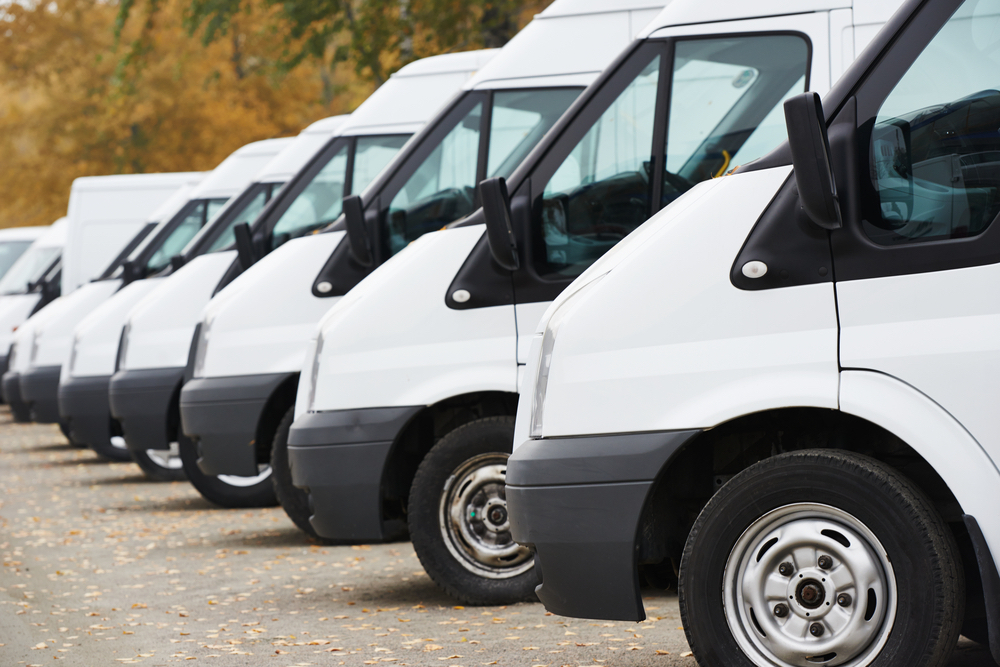Adding a new truck, van, or even a company car to your fleet can solve many problems, save you time, and allow you to scale up your operations, provided you are truly ready to make the switch. Before you upgrade, consider the following questions to be sure you are ready and that you will be able to get the best possible return on your truck investment.
3 things to consider when you add a new vehicle or truck to your fleet
1. Your needs today – and tomorrow.
The whole reason you are looking for a new truck, van, or car today is that you need to expand or you have outgrown your existing fleet, but what about your needs a year from now? Before you make a purchase, look at your one, five, and even ten-year goals to ensure that the piece you are buying aligns with your plans. That small panel van may seem ideal, and be the “just-right” size for your deliveries today, but what happens when you have more customers and deliveries to attend to? Balance the size, type of vehicle, and even the level of add-ons and extras with your expectations for the future when you buy.
2. Who will drive and care for it?
If you already have a fleet, then adding one more piece may not be problematic, but you’ll need to add this vehicle to your maintenance rotation, make room for it on-site, and determine who will drive it. Is it replacing an existing van or truck – and will the original driver use this new vehicle? If you also need to hire a driver, consider the cost of hiring, training, and certifying another driver if expanding your fleet will also expand your staff. If you don’t already have them, clearly defined rules about the use of company vehicles is also a must. Lastly, any aftermarket onboard technology you use to protect your fleet and track goods will need to be purchased and installed in the new truck as well.
3. What about insurance?
Include truck insurance costs and coverage into your budget as you look at different vehicles. Some may have different coverage needs than others. A refrigerated van may need extra riders to protect cargo and for rental coverage, since they are generally more expensive to repair and you take on more risk when transporting perishable goods. Other considerations include the type of vehicle, its size, and even its age and condition. We can help you discover the cost of insuring each to help you determine which one is truly the best deal. Comparing truck insurance quotes is important.
Thinking about how you’ll use your new vehicle, what your future needs could be and how you’ll protect your purchase and the cargo you are transporting allows you to expand your fleet without worry. You’ll also avoid any surprises late in the process and be able to smoothly integrate the new vehicle into your existing fleet without any difficulty.
To learn more about protecting your fleet and your business from harm, contact us to talk about your commercial insurance coverage and needs; we’re here to make sure you get the best possible value on the coverage you truly need. Get started with your truck insurance quotes by filling out our online quote form or giving us a call.



